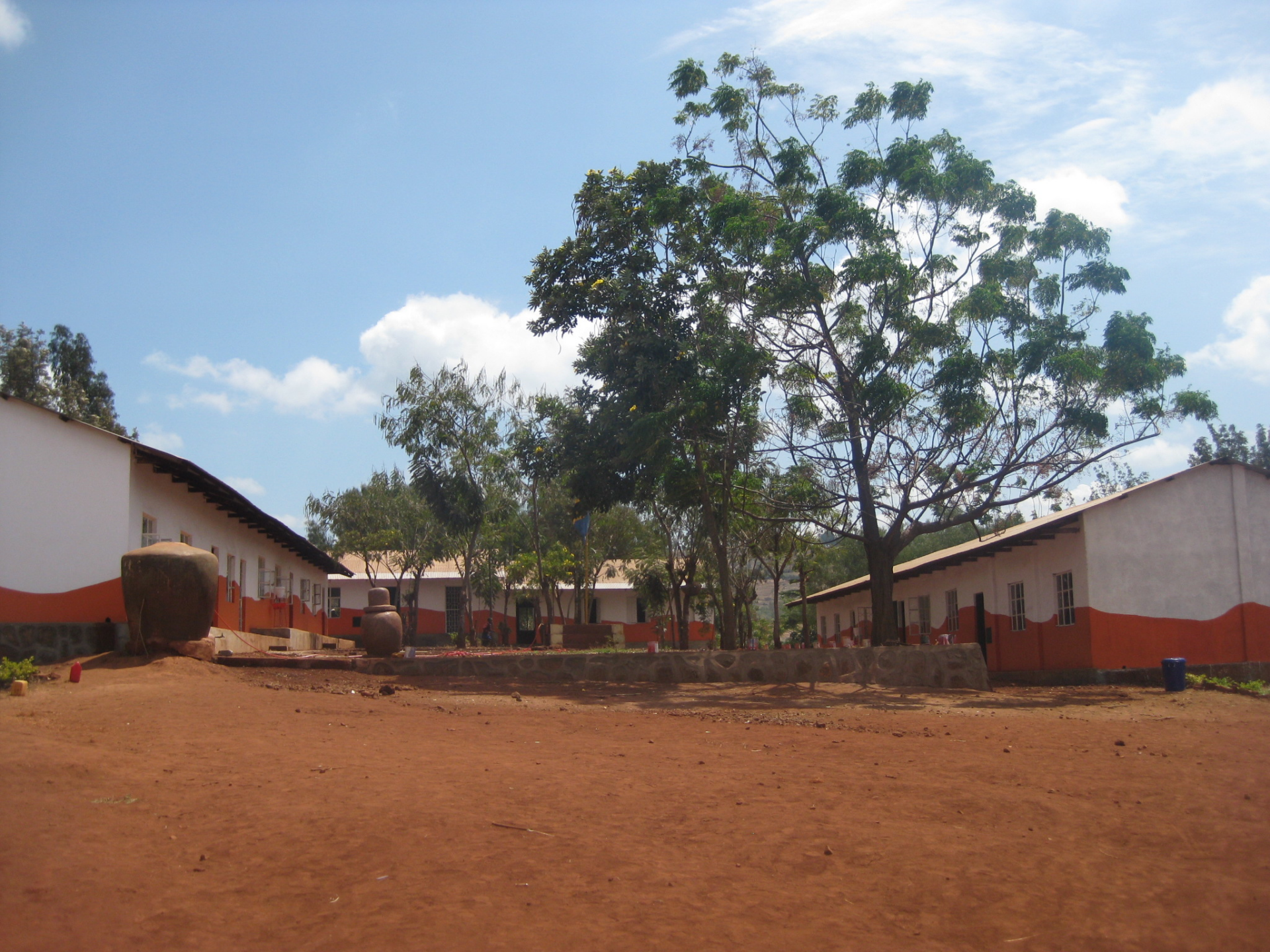Alongside Fab Inc, we studied how changes in temperature and rainfall affect classroom conditions and student learning in Tanzania. On the International Day of Education, we’re pleased to share the full report of our study. This work was funded by the UK Foreign, Commonwealth and Development Office.
In 2023, our team visited 48 schools with different climactic zones in the coastal, northern and central areas of Tanzania. We conducted two rounds of head teacher surveys and classroom observations. We also installed temperature sensors in classrooms for four months to capture environmental data. These efforts helped us understand how varying classroom conditions affect children’s learning across the country.
How temperature affects learning
We found that inadequate infrastructure causes heat to build up throughout the day, affecting children’s ability to learn. Indoor classroom conditions grow increasingly warm towards the end of the school day. With more than half of the surveyed classrooms frequently exceeding 26.7°C, students face learning conditions that are far from ideal.
How rainfall affects learning
Secondly, most schools report that heavy rains negatively affect attendance. About a third of the surveyed classrooms flood during the rainy season. Rainwater from the roof renders classrooms unusable, which affects students’ ability to learn, as well as their health and safety. Beyond that, teachers identify noise from the rain as a major factor that inhibits students’ concentration. These findings highlight the limitations in school infrastructure to handle climactic conditions.
Improving classroom conditions
The report calls for stakeholders to invest in climate-adaptive infrastructure that keeps classrooms cool, dry, and conducive to learning. Tanzania must address current deficiencies in classroom infrastructure, as they strongly affect students’ ability to learn and attend school. This becomes even more critical in light of climate change, which is expected to increase the frequency of extreme heat and rainfall events.
Read the full report
You can read the full report here and on our publications page:

